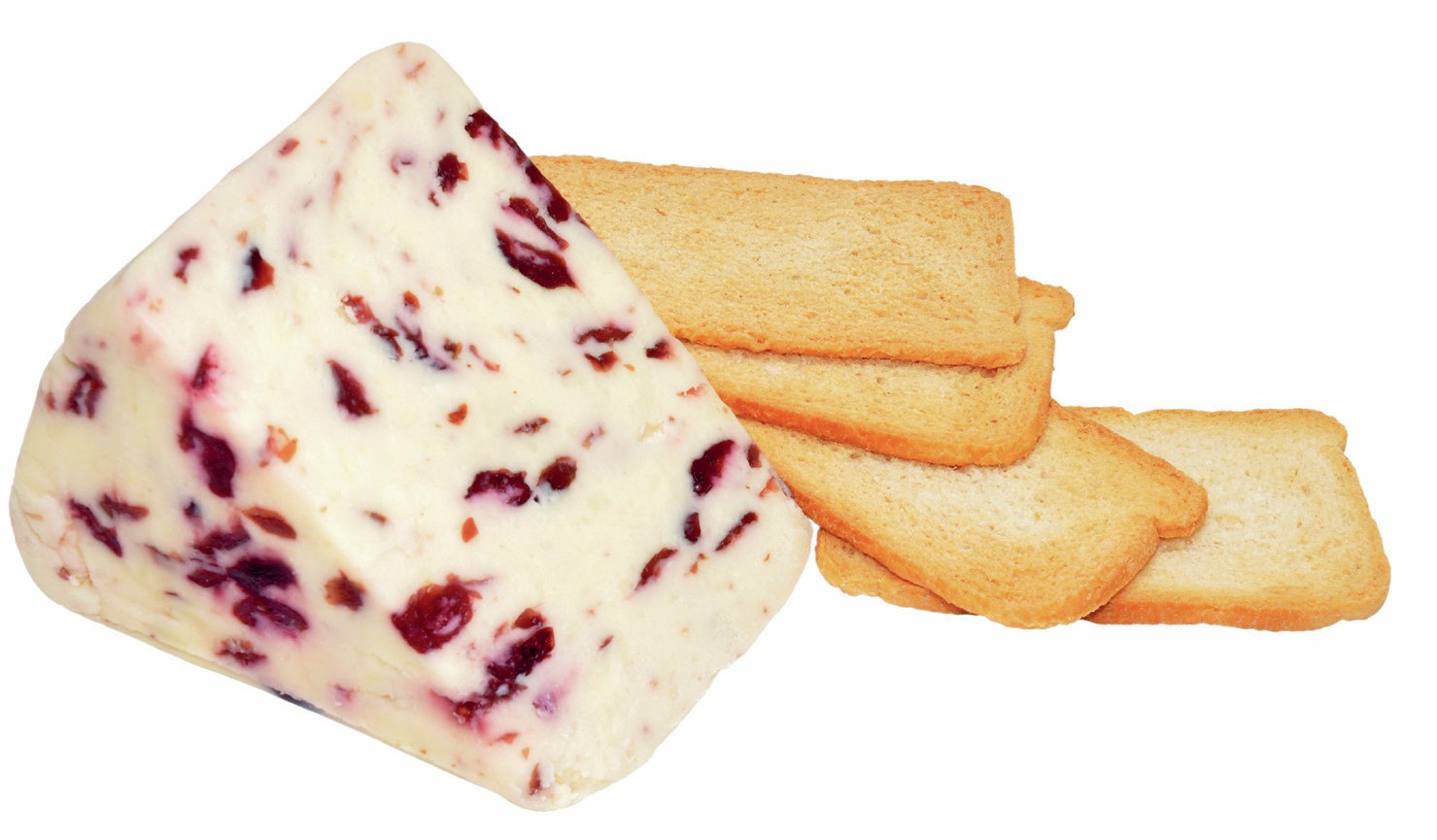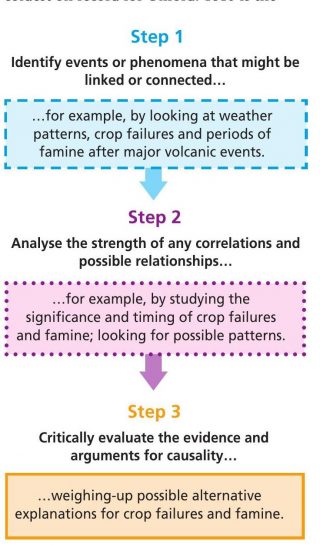
Food is an integral part of identity. People associate food with their home and family, their memories and wider community. This is especially the case for migrant communities as food provides an anchor of ‘ home’ in their new place. Migrant communities often recreate food-based traditions to foster a sense of ‘ belonging’ to their former community. Consequently, many urban areas have specialised food shops and supermarkets that sell the products imported from ‘home’, which in turn provide opportunities for host populations to broaden their culinary practices. The association of place with food has also led to gastro-nationalism or gastro-nativism, and these can be linked to geopolitical views and events.
For many years, the UK had a negative image internationally in terms of its cuisine. The British identity has an association with roast beef — Sunday roast — and shepherd’s pie. A nickname, or perhaps insult, given to the British in France is ‘Les Rosbifs’. It has also been stated, however, that chicken tikka masala is the national dish of Britain.
Your organisation does not have access to this article.
Sign up today to give your students the edge they need to achieve their best grades with subject expertise
Subscribe



